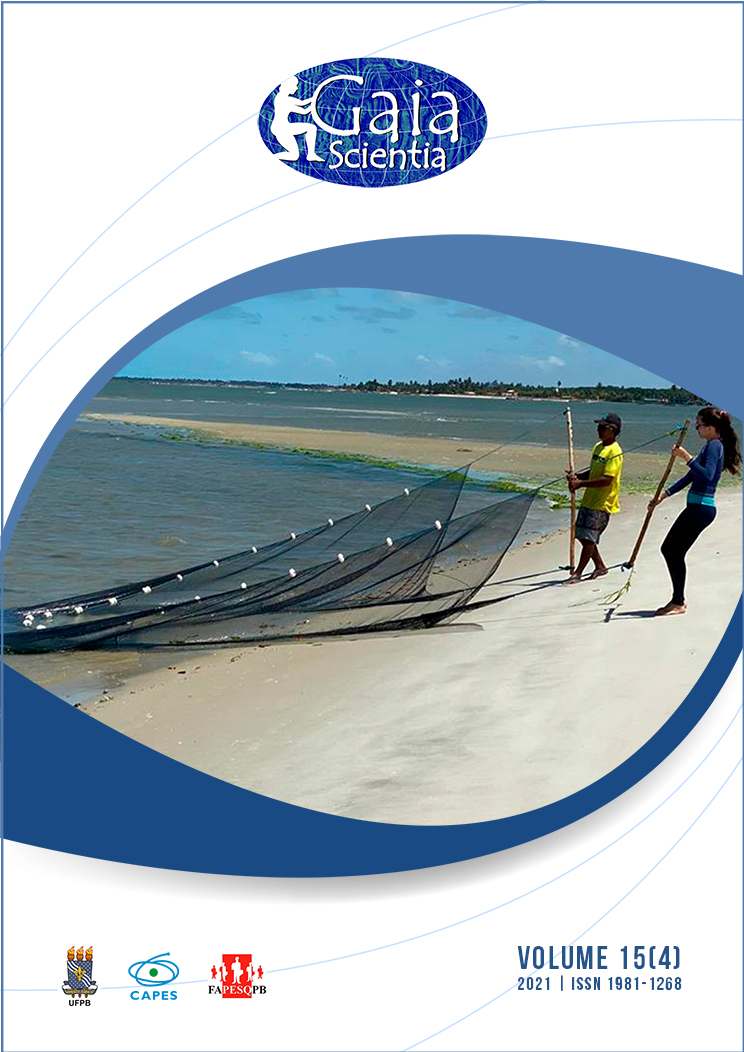Evaluation of the effect of urbanization on water quality using bioindicators
Abstract
The study evaluated the cumulative influence of the occurrence of cities on water quality along the main river of a river basin in the Atlantic Forest region, through the identification of aquatic insects, using them as bioindicators in association with the analysis of physical and chemical variables. Four sample campaigns were carried out between December 2011 and September 2012 in six sampling sites. Two sampling sites were established at each municipality, one located upstream and the other downstream, considering the cities as potential sources of impact. The study demonstrated the negative effect of the presence of urban areas along the course of the river, by comparing the diversity of aquatic insects before and after the cities and the absence of a decreasing gradient of quality throughout the basin, suggesting the capacity for depuration and the influence of local factors. Despite the effect of the cities on the main river, forest environments can maintain a better balance of biotic and abiotic variables, which draws attention to the importance of maintaining the riparian forests, especially in urbanized environments. Treatment of domestic sewage of the municipalities along the main courses of rivers, as well as those located on its banks is considered important.










